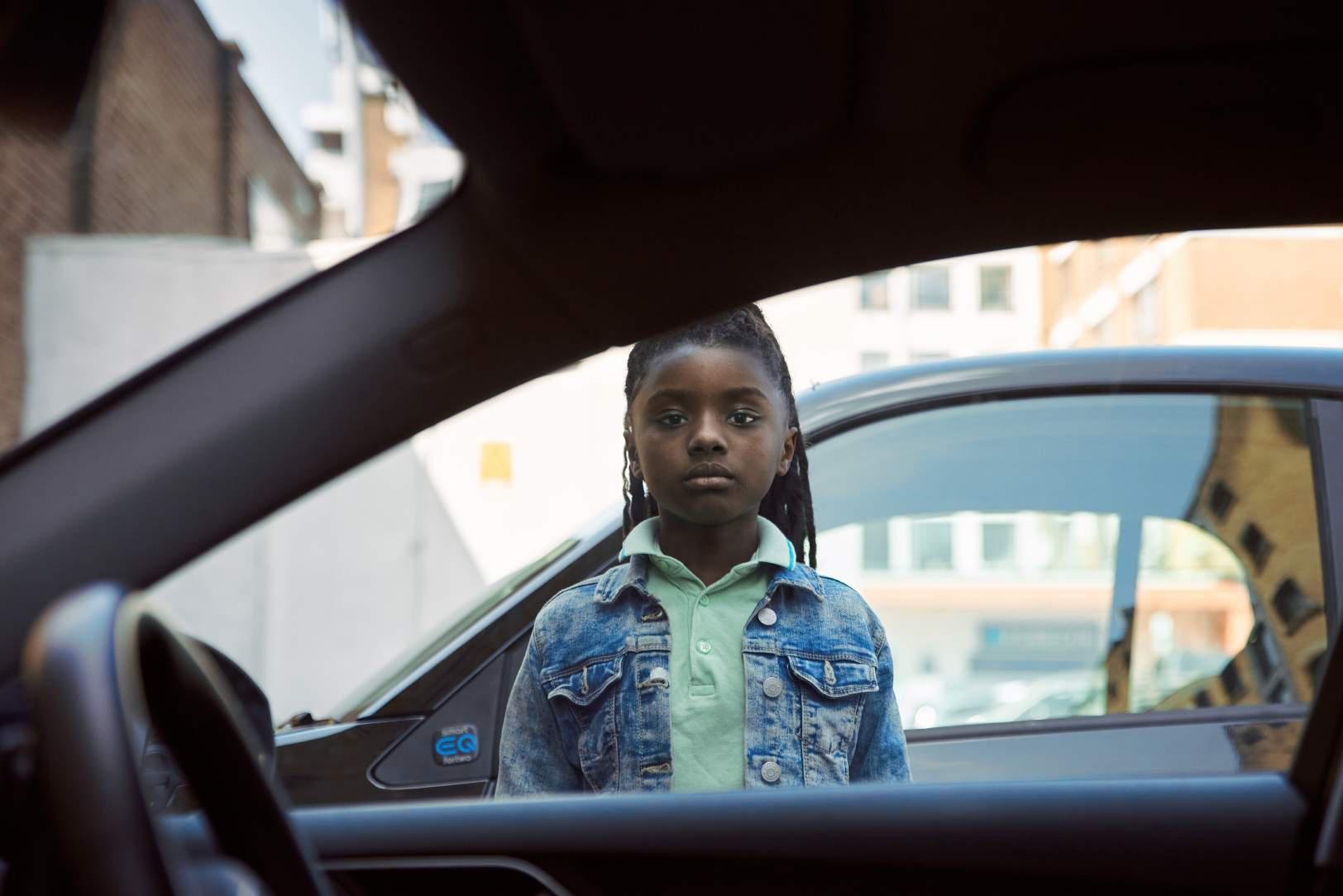In February 2013, Rosamund Adoo-Kissi Debrah 's 9 year-old daughter Ella, suffered a fatal asthma attack, which was sparked by air pollution near her home in Catford, close to the South Circular Road.
This project, which was commissioned by Wellcome Centre for Behaviour and Cultural Insights and WHO, is a series of portraits of mothers (and a healthcare worker) who are concerned about levels of air pollution in London. Some of the mothers here have children whose asthma was brought on by or has been exasperated by air pollution. All are deeply concerned about the levels of air pollution in London and most are in some way, actively involved in working towards raising awareness of air pollution and improving the quality of the air that we breathe.

















